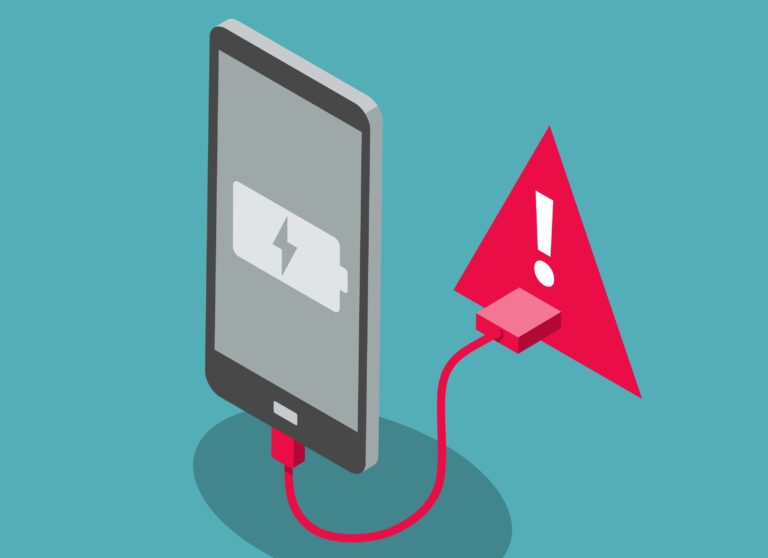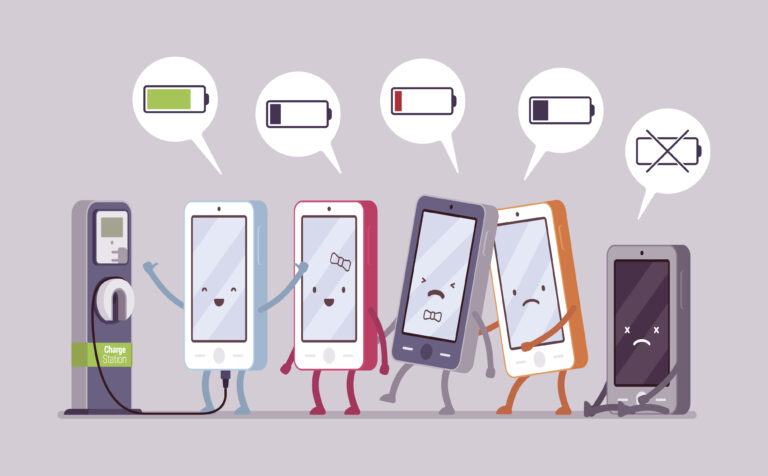
The FBI recently issued an official warning against using public charging stations. According to their statement, hackers have been using these public charging ports as a way to gain access to people’s devices. These cybercriminals have been taking advantage of innocent charging station users and infecting their devices with malware or monitoring software through the compromised station. Airports, hotels, and shopping centers have apparently been the biggest targets; the FBI is recommending that people use separate electrical outlets and their own charging cords rather than using the charging stations that are available. As we know all too well by now, hackers and other cybercriminals are constantly finding new ways to deceive their victims and gain access to their devices, accounts, and information. This is just another one of the things to look out for so that you can keep your devices safe.
The practice of hacking USB charging ports isn’t new and has come to be known as “juice jacking.” Juice jacking occurs when a hacker infects a USB charging station in order to compromise devices that connect to it. This tactic takes advantage of the fact that a device’s charging cord is commonly the same type of cord that the device uses to sync data. To initiate this type of attack, the hacker will connect their device to the charging station via a USB connection and either load malware onto the charging station or leave an infected charging cord plugged into the station. Then, the data they loaded into the charging station can transfer via your own charging cord, or the cord that was left behind, once your device is connected to it. Phone charging cables are the most common devices involved in juice jacking attacks.
After falling victim to a juice jacking attack, many people may not realize that their device has been compromised. A hacker may use this type of attack to copy sensitive information off of your device, including passwords, files, credit card information, texts, etc. In order to protect yourself from an attack like this, you can do several things. The obvious option, and the FBI’s recommendation, is to avoid phone charging stations completely. If you can, use wall outlets with your own cord and block that are separate from any charging station.
Additionally, don’t use any cords that are already plugged in. But, if you still must use a charging station, you may purchase something called a USB condom. A USB condom is a device that sits between the public charging station and the user’s cord and device. These USB condoms work by blocking the part of the cord that allows the transfer of data. Plus, USB condom or not, some Apple and Android devices will ask you whether or not you would like to trust a device when you plug your device in. If you choose to not trust the charging device, your device will still charge, but the transfer of data will not be allowed.

Read our last post here: The Unsubscribe Button: Is It Safe?
